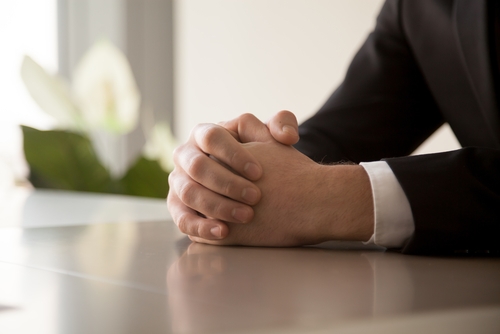By: Design for Change Recovery
How Do You Survive PTSD Sober?
You are here:PTSD, post-traumatic stress disorder, is a mental health condition that can occur in response to traumatic events. These events could be in combat, a natural disaster, sexual assault, a car accident, or another type of traumatic event. You feel afraid even when the event is over. In sobriety, you may find challenges coping with PTSD.
There are a variety of PTSD symptoms. Here are 4 types of common symptoms:
- Reliving the event. These can be called flashbacks. You may replay scenes of the trauma in your mind. You may have nightmares and at times may even feel ask though you are going through the event again.
- Feeling revved up. You may be on hyper-alert, always on the lookout for danger. You may feel jittery. You may also have trouble sleeping or focusing. You may have sudden bursts or anger or irritability. You may startle easily.
- Avoiding similar situations. You may avoid people or situations that trigger reminders of the event. You may also avoid talking about it.
- Increase in negative feelings and beliefs. You may feel the world isn’t safe. You may experience shame or guilt. You may feel no one can be trusted. You might be numb, or find happiness out of reach.
Some people used drugs and alcohol to mask the symptoms of PTSD. The numbing feeling that comes with intoxication can take the edge off of flashbacks or other PTSD symptoms. When you take the alcohol and drugs away, sometimes the flood of memories can be overwhelming. The good news is there is treatment for PTSD.
In sobriety, we learn our wellbeing is the foundation for everything in our life. If you are having signs of PTSD there is help. Here are some steps you can take towards relief:
- Find a counselor or therapist who specializes in treating PTSD. This may include a variety of different therapeutic approaches that have been shown to treat PTSD.
- Take a yoga class. Finding a gentle or restorative yoga class can help you return to feeling safe in your body.
- Meditate. Focused breathing or guided meditations for anxiety can help activate your parasympathetic nervous system.
- See a doctor. There are medications that help ease the symptoms of PTSD. Seeing a good clinician will also allow you to identify any underlying mental health issues such as anxiety or depression that may benefit from intervention.
- Remember you are not alone and treatment is available.
One step at a time, one day at a time, you can recover. At Design For Change, we offer refuge to those seeking to win against addiction because there is freedom in recovery. There is hope. Call us today to learn more about our long-term treatment programs and recovery services creating change, one step at a time. (877) 267-3646


